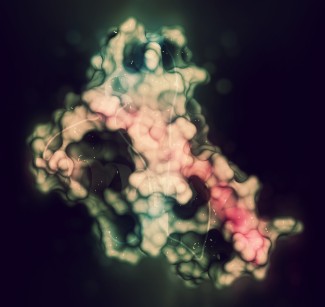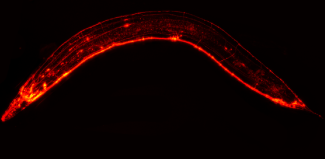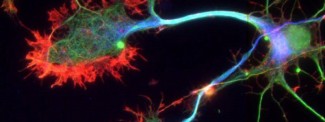Creutzfeldt-Jakob disease (CJD) is the most common form of prion disease in humans. There are three forms: sporadic, in which the origin is unknown; hereditary, caused by a mutation in the prion protein gene; and acquired, such as the variant form of CJD linked to the ingestion of bovine by-products contaminated with an abnormal prion protein.
Symptoms of Prion Diseases
Prion diseases have a wide range of symptoms. The main symptom is dementia, which is a rapid deterioration of cognitive functions such as memory and language, accompanied by various neurological symptoms such as myoclonus (muscle twitching), balance disorders, vision problems, and impaired coordination. The disease may begin with sleep disturbances or anxiety before symptoms of dementia appear.
Sporadic Creutzfeldt-Jakob Disease (CJD)
The sporadic form of Creutzfeldt-Jakob disease (CJD) usually has an onset around the age of 65. The disease progresses very rapidly, causing death within six months on average.
Genetic Forms of Prion Diseases
Among the hereditary forms of prion diseases there are three distinct types: genetic Creutzfeldt-Jakob disease, Gerstmann-Straussler-Scheinker syndrome (GSSS), and fatal familial insomnia (FFI). All three are caused by different mutations in the same gene encoding the prion protein. The progression of these forms varies widely, from a few months to several years.
Symptoms can vary significantly from those listed above. While the symptoms of genetic CJD are similar to the sporadic form, Gerstmann-Straussler-Scheinker syndrome is characterized by damage to the cerebellum with symptoms of ataxia, while fatal familial insomnia primarily manifests as severe, untreatable sleep disturbances associated with autonomic nervous system dysfunction (day-night rhythm, sphincter problems, cardiorespiratory problems, etc.).
Acquired Forms of Prion Diseases
The acquired forms are perhaps the best known, in particular, the variant form of Creutzfeldt-Jakob disease. This form appeared in 1996 in the United Kingdom. It is linked to the ingestion of bovine derivatives contaminated with an abnormal prion protein responsible for bovine spongiform encephalopathy, and is best known as “mad cow disease”. Variant CJD occurs primarily in young adults (about 30 years of age) and begins with psychiatric symptoms such as anxiety or depression before neurological signs and later dementia appear. It progresses slightly more slowly than the sporadic form, over about 18 months.
There are other acquired forms of prion diseases such as iatrogenic Creutzfeldt-Jakob disease, which is transmitted by accident during a therapeutic procedure. This form was first revealed in the 1970s and 1980s, originating in corneal or dura mater transplants or growth hormone treatments, produced at the time from the pituitary glands of deceased individuals. The incubation period for this form is 10 to 15 years.
At Paris Brain Institute
Stéphane Haïk, team leader at Paris Brain Institute and also coordinator of the National Reference Center for Prion Diseases, is working to develop diagnostic tests to detect Creutzfeldt-Jakob disease. His team has been involved in the development of a biological test that can detect the prion responsible for the variant form of Creutzfeldt-Jakob disease (vCJD) in blood.
Find out more: https://parisbraininstitute.org/news/biological-test-detect-creutzfeldt-jakob-disease



